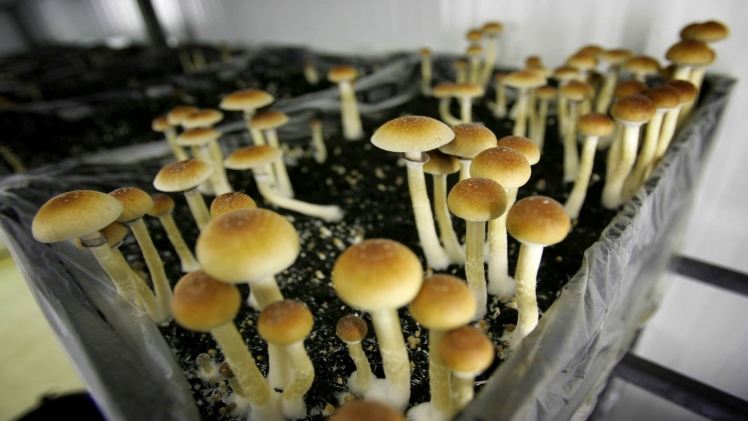Microdosing has exploded in recent years. Microdosing refers to the practice of taking an imperceptible dose of a psychedelic drug, such as psilocybin from magic mushrooms, LSD, or MDMA. These are illegal substances, so the practice is illegal, but that hasn’t stopped thousands of people taking a regular dose of their preferred psychedelic.
Microdosing has become a topic of substantial interest among psychedelics users and interest groups, as well as scientists in the field.
Why do people microdose?
There are many reasons for microdosing. People take to the practice to reduce anxiety and depression, improve well-being, and improve their productivity. A few people believe that it benefits their physical health, and others do it out of curiosity or in an attempt to gain spiritual insights.
In the wake of the COVID-19 pandemic and the outsize stress it put on people, many are microdosing in an attempt to cope with anxiety and mental health issues, which have surged as a result of the pandemic.
Latest research
In the latest research into the effects of microdosing on psychedelics, a large international study, led by scientists at the University of British Columbia’s Okanagan campus, suggests positive associations between microdosing and mental health.
The researchers recruited 8,703 people from 75 countries via psychedelic use podcasts and online psychedelic research conference presentations. The scientists created an app that respondents could download to complete an anonymous survey.
Respondents answered questions about their choice of substance, dosage, stacking practice, frequency of dosing, quantity, date of first microdosing initiation, and their reasons for microdosing.
Findings
Half of the respondents were microdosers. The three countries with the most microdosers are the US, Canada, and Australia. Most of them were using psilocybin as their microdosing substance – more than 85% of respondents reported using psilocybin compared to only 11% using LSD.
Most respondents (7561) indicated that they were lifetime users of larger doses of psilocybin or LSD. Most of the participants reported microdosing between 1 and 4 times per week, with psilocybin users being more likely to dose on a daily basis. More psilocybin users than LSD users reported adding other substances, referred to as stacking. Both groups added Lion’s Mane mushroom or chocolate.
The survey respondents were mostly microdosing to improve emotional well-being and cognitive functioning. As with previous research results, this study found positive associations between microdosing and mental health.
According to the researchers, their research is the first to find associations between microdosing and the improvement of depression, anxiety and stress.
The researchers concluded that the vast majority of people are microdosing to cope with mental health issues like depression and anxiety and that the practice is helping them. They call for carefully controlled clinical trials to confirm the effects of long-term microdosing.
Final thoughts
This is the latest scientific report on psychedelics and microdosing. Other studies have shown similar positive results. It seems that microdosing is beneficial for users, which scientists admit, but they also say that no one knows what the effects of long-term use will be on the brain.

